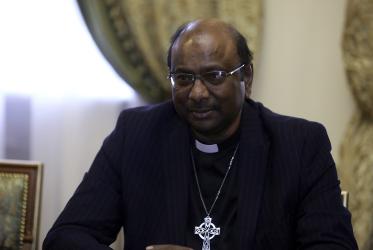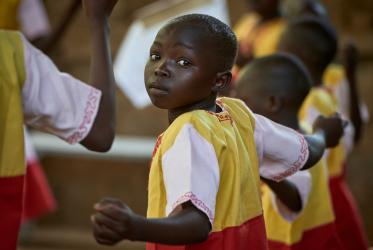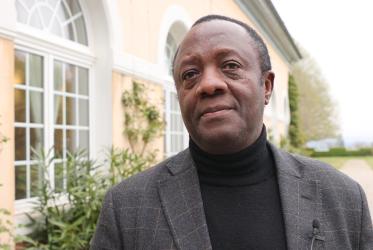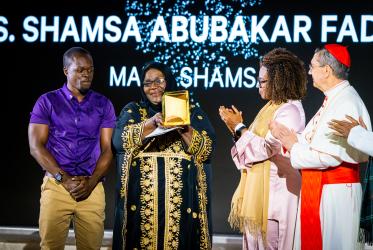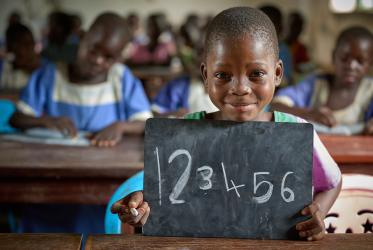Displaying 1 - 20 of 61
In Armenia, WCC general secretary speaks for justice
22 September 2023
Ecumenical delegation visits Armenia
19 September 2023
Kenyan woman peace-builder wins human fraternity award
14 February 2023




